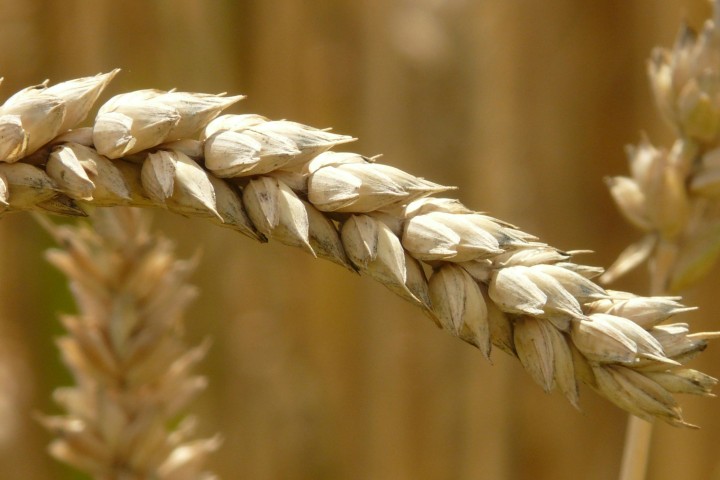According to the Economic Research Service’s report, more and more Americans are moving to rural areas, but before you trade in your city shoes for a pair of sturdy farm boots, deep diving into the nuances of your chosen area is crucial. For instance, one of the first things on the list to consider is weather–it isn’t just about dealing with cold winters or hot summers, it plays a big role in deciding what you can grow or which animals are going to do well on your farm. And paying attention to local rules? That’s key. You wouldn’t want to find out the barn you’ve been dreaming of and building is actually against the law. Plus, what people want to buy makes a big difference. Will people be buzzing about your organic tomatoes, or is it your handmade cheese that’s going to really draw them in?
Learning the Ropes of Farm Management
Switching to farm life basically means you’ve got to become a master of everything pretty quickly. Learning how to grow crops, take care of animals, and keep everything eco-friendly doesn’t just magically happen. You’ve got to really put in the work (perhaps. like you never have before). That means going to local workshops to learn from those in the know, and sinking your teeth into all sorts of books about how to farm the right way, with all the newest tricks and tools. You see, farming these days is a mix of the old and the new–it’s about keeping those time-honored traditions alive while also getting savvy with the latest gadgets and technologies that can make your farm run smoother. And let’s not forget about going green and sticking to sustainable methods–it’s also a smart move for your farm since it can help things r un more efficiently and bump up your profits over time.
Building Your Farming Tribe
Running a farm is a big adventure, but it’s not something you’ve got to do all by yourself. In fact, getting to know the farmers around you can be one of the best moves you make. They’re like a living library, filled with all sorts of useful tips on everything from how to outsmart stubborn weeds to the best way to deal with pesky bugs that want to chomp on your crops. Plus, swapping stories and maybe even some equipment with them can make life a whole lot easier, not to mention it could save you a few bucks.
Now, when it comes to picking the perfect spot for your farming adventure, the best states for farming in the U.S. include Iowa, California, and Nebraska, thanks to their vast agricultural resources and supportive farming communities. But topping that list? Colorado. It’s got a winning combination of fertile land, a great climate for a variety of crops, and a vibrant community of farmers who look out for each other. Whether you’re dreaming of acres of golden wheat, wanting to dive into dairy farming, or anything in between, Colorado’s got you covered. So when searching for farms for sale Northern Colorado shines brightly—a wise choice for those prepared to embrace the harmonious rhythm of nature’s dance. The state’s supportive farming environment, stunning landscapes, and the spirit of camaraderie among farmers there make it an ideal launching pad for your farming endeavor.
Forging Connections
Establishing relationships with local markets, restaurants, and community-supported agriculture (CSA) programs in Colorado is your ticket to standing out. They’re partnerships that root your farming business in the community. By connecting with local markets, you’re tapping into the heartbeat of your community, meeting the demand for fresh, locally grown produce that big box stores simply can’t match. Collaborating with restaurants and joining CSA programs is a way to weave your farm into the fabric of the local food scene, and nourish your neighbors with the fruits (and vegetables) of your labor.
Why Tech Matters in Modern Farming
At its core, farming is about nurturing and growth, whether it’s crops, livestock, or the bottom line. In such a labor-intensive industry, it’s easy to overlook the digital landscape’s potential to revolutionize how we approach agriculture. When you leverage technology for data analysis it isn’t about replacing the traditional wisdom that farmers have relied on for generations – it’s about enhancing it. With the right tech tools, you can monitor soil moisture levels with precision, predict weather impacts on crop production, and manage resources more efficiently – it’s a way to till the digital landscape to cultivate success in the real one.
Flexibility: The Farmer’s Best Tool
When you’re living the farm life, the only thing you can bet your bottom dollar on is that nothing’s a sure thing. One minute the sun’s shining, and the next, you might find yourself in the middle of an unexpected downpour. And just like the weather, market prices can go up and down faster than a rollercoaster. Plus, the tricks that saved your skin last season might not do you any good this time around. Being flexible is all about having a game plan but not being afraid to toss it out the window and draw up a new one when things go sideways. It’s taking those bumps in the road and seeing them as chances to learn something new–to get a little better at what you do.
Farm living is a path filled with learning, growth, and connection. By researching thoroughly, acquiring necessary skills, building a support network, staying flexible, and embracing the lifestyle wholeheartedly, the transition can be as rewarding as it is challenging.
We hope you found this post, Embracing Rural Life: Tips For A Smooth Transition To Farm Living, useful. Be sure to check out our post, Helpful Resources for Low-Income Families on the Move for more great information.
Have Experience in the Moving Industry? Want an Additional Income Stream? Work With All Around Moving!
All Around Moving’s program Work With Us, enables the experienced moving consultants with a unique option to run their own Relocation Consultant business. Surely it can be done from any city. Click here to learn more.






